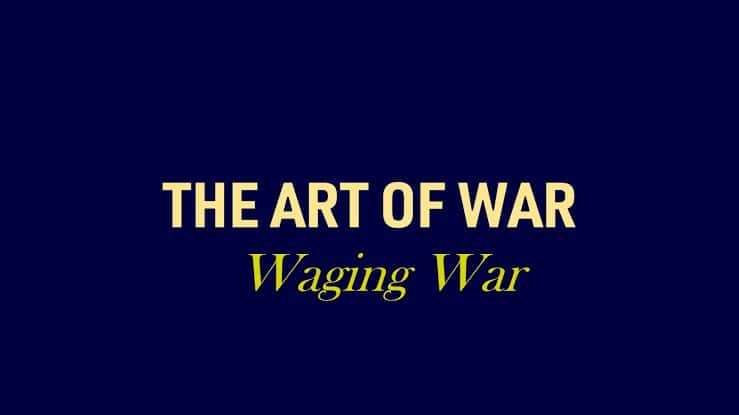
Waging war
Introduction:
The offense of “waging war” under the Indian Penal Code (IPC) is a serious violation that strikes at the heart of national security and sovereignty. Enshrined in Section 121 of the IPC, this provision delineates the legal framework for prosecuting individuals or groups engaged in activities aimed at destabilizing the established government. This article aims to provide a comprehensive analysis of the concept of waging war under the IPC, exploring its legal implications, judicial interpretation, and the gravity of penalties imposed.
Understanding Waging War under IPC:
Section 121 IPC defines the offense of waging war against the Government of India or attempting to do so. It encompasses a wide range of acts, including but not limited to armed rebellion, insurrection, or any organized attempt to overthrow the government through violent means. The provision is designed to safeguard the sovereignty, integrity, and stability of the nation-state.
Key Elements of the Offense:
To establish the offense of waging war under IPC, certain key elements must be satisfied:
Hostile Action: The accused must engage in hostile actions or attempt to do so, which threaten the authority and stability of the government.
Intent to Overthrow: There must be a deliberate intent to overthrow the established government through violent means, thereby disrupting the lawful order and governance of the state.
Abetment:
The provision also covers abetment of the offense, wherein individuals or entities facilitate, aid, or encourages others in waging war against the state.
Interpretation and Case Law:
Over the years, the judiciary has provided crucial interpretations of Section 121 IPC through landmark judgments:
In the case of Kedar Nath Singh v. State of Bihar, the Supreme Court clarified that mere advocacy or expression of dissent, without the intention to resort to violence or armed rebellion, does not constitute the offense of waging war.
However, in Sodhi Sukhdev Singh v. The State (Delhi Administration), the Delhi High Court held that membership in unlawful organizations advocating armed struggle against the state could amount to abetting the offense of waging war.
The interpretation of “waging war” has evolved to encompass both external aggression and internal armed rebellion against the state, as established in State of Bihar v. Abdul Majid.
Penalties and Consequences:
The penalties for waging war under IPC are severe, reflecting the gravity of the offense:
Death Penalty or Imprisonment for Life: Conviction under Section 121 IPC may result in the imposition of the death penalty or imprisonment for life, along with fines.
Abetment: Individuals found guilty of abetting the offense may also face significant penalties, including imprisonment and fines.
Conclusion:
The offense of waging war under IPC represents a fundamental breach of the social contract between citizens and the state. It poses a direct threat to the stability, security, and sovereignty of the nation, warranting stringent legal measures to deter and punish such actions. While the law seeks to safeguard national interests, it is essential to ensure that the interpretation and application of Section 121 IPC uphold the principles of justice, fairness, and respect for fundamental rights. As such, the legal discourse surrounding waging war under IPC underscores the delicate balance between national security imperatives and the protection of individual liberties within a democratic society.


